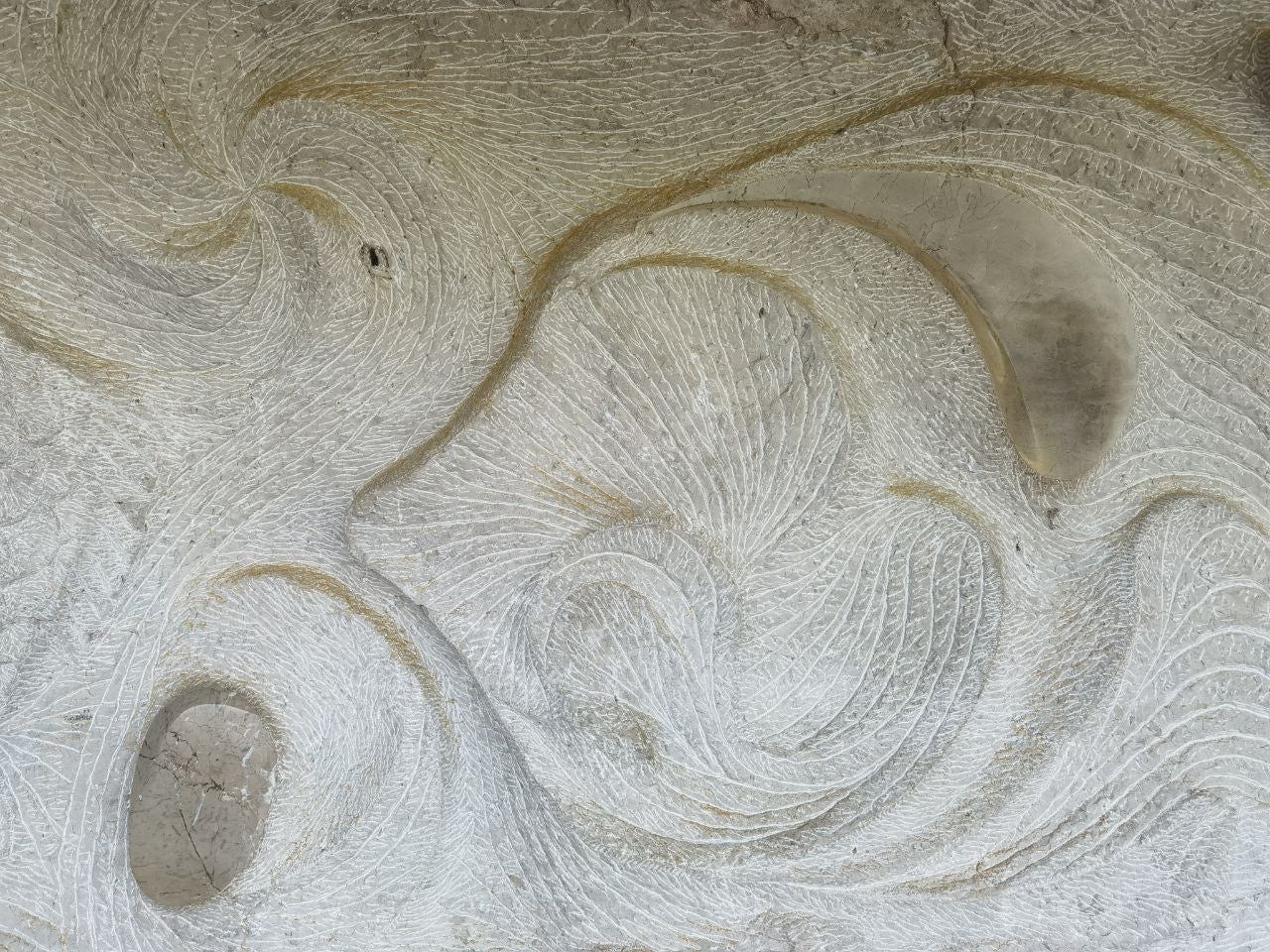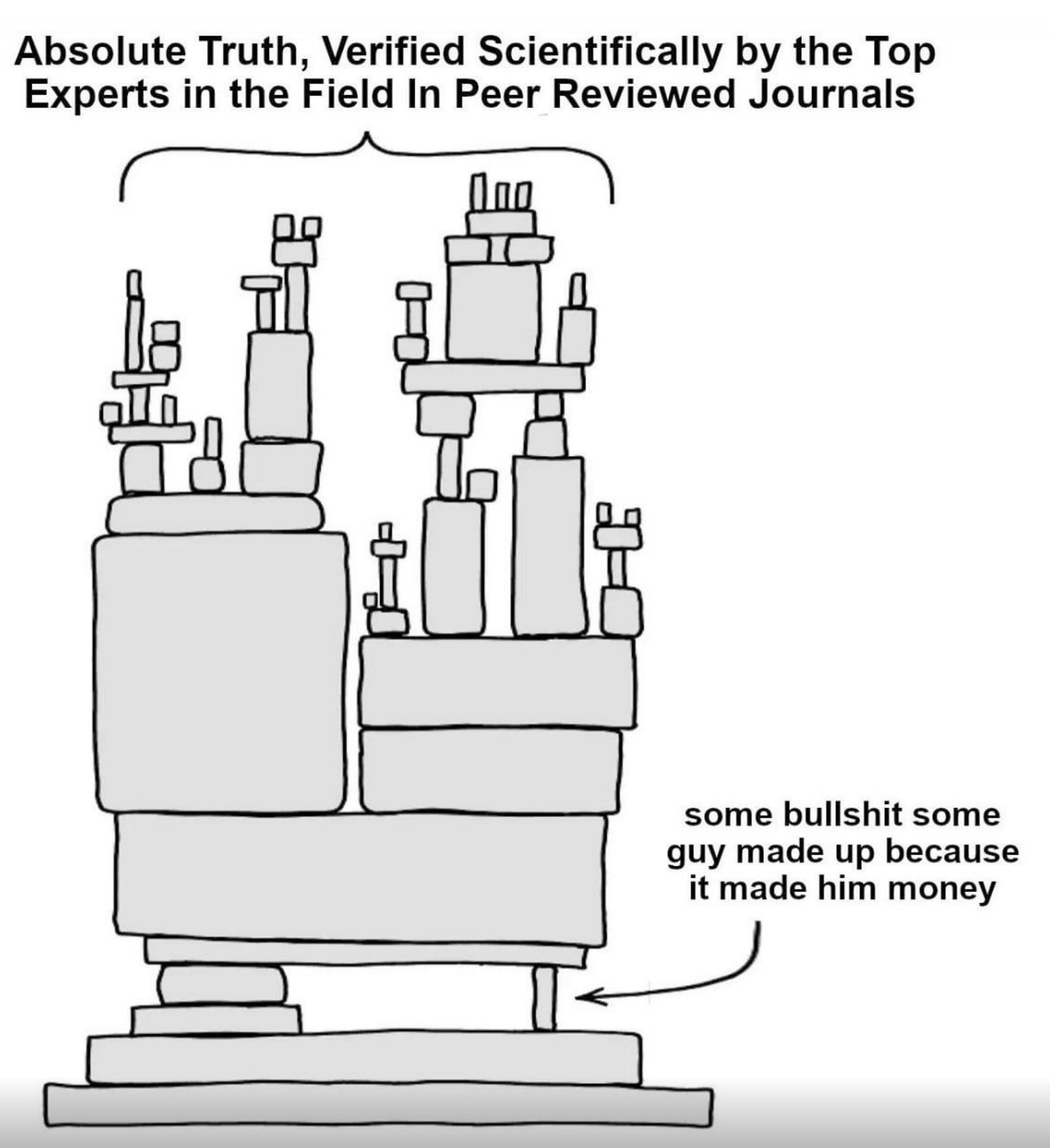Short Notes III
Hope, despair, evil Brits, and more
A selection of musings from my Notes Stream on Substack. To work against the ephemeral nature of these notes (that only Substack power users ever get to see), I regularly repost them here. See my previous posts Short Notes I and Short Notes II.
Don’t forget to subscribe or upgrade to a paid subscription if you want to support my work and read more essays. Many thanks.
Short Notes III:
Perhaps a good way of looking at the ubiquitous idea of an afterlife is that there is no way to escape Being.
What's holding us back in fulfilling our destiny: fear and greed. Including the low-level, background kind.
Two reasons why practical handiwork, especially if done for its own sake, is so beneficial in light of McGilchrist’s hemisphere hypothesis:
1) It makes perfect use of the left hemisphere where it’s best, manipulating the world in a directly useful, non-abstract way. It therefore kicks you out of depression (which is associated with the right hemisphere) but without the delusions, black-and-white-thinking and other pathologies that go along with the misuse of the LH for intellectual games.
2) Handiwork requires you to “let go” and not be too obsessed with achieving specific results or doing it a certain way, because things always go wrong and you need to solve unexpected problems creatively, keeping the big picture in mind. It therefore helps tremendously with balancing the hemispheres and learning how to make the RH the “master.”
Enlightenment type: There’s only one mountain, and I’m at the top!
Religionist: My mountain dwarfs all the other ones! Come see the splendid view!
Postmodernist: There’s an infinity of mountains, so no point climbing any! Let’s just crack jokes in the valley!
—
Analysis: All positions ultimately lead to dead ends, but at least the Enlightenment type and the Religionist make the effort of actually climbing a mountain.
Sometimes I see it so clearly in my mind’s eye: how people engaging in online discourse are just avatars of their lifestyle choices, the groups they belong to, the circles they move in, their belief systems, their temperaments—and use any and all rational and irrational arguments to defend those. This goes for everyone.
I know that’s not the whole story, and that there is such a thing as truth and morally better or worse takes. And yet, it’s hard sometimes not to fall into postmodern despair and to simply sit there, shaking your head at the silliness of it all: the indignant generalizations, the smug looking down on unknown others, the disconnection from real, embodied life and the uniqueness of each real experience, the dumbness and cruelty of a high IQ combined with primitive drives, low wisdom & Being and a grim infatuation with abstraction.
And yes, perhaps that’s what I’m doing here too: merely defending my lifestyle choices, groups, belief system and temperament. Sigh.
Sometimes all you want to do is lay back on your little rock beyond spacetime and take in the absurd cosmic stirrings in stunned silence and clear-headed disbelief. Until you snap back to real life, rejoice about the small things, and everything’s awright…
When reading, resist the urge to turn your insights into opinions, for this instantly transforms them into blockages.
I think memory preservation might look somewhat different from what we may call a "higher perspective" than from our all-too human ideas. For A. N. Whitehead, for instance, God actively preserves (certain) memories—his God being very different from most theisms, however.
But what makes a memory worth preserving? I would say: it's what the memory has achieved, can achieve, and will achieve in terms of learning & growth. For instance, the direct suffering inflicted on us that we couldn't do anything about might be horrible, but once the physical and mental damage is healed, it can (and will) be forgotten.
On the other hand, our moral failings, the suffering we caused others, once we realize it, can haunt us for a very long time, and indeed might be the basis for a hell of our own making even after death. But eventually, we will become free of this pain by having paid for the suffering we caused by our own, voluntary suffering. Hence the memory is transformed multiple times: from an initial careless ignorance to a painful realization and "stuckness" of the memory to a sense of relief and release once you come to terms with it and paid your debt. What remains is not so much a memory, but the emotional-spiritual essence of this entire process. You have earned something, and God preserves what was earned.
It is these growth-essences that are the stuff of eternal life. Many of our trivial memories will fade and die eventually; whole lives of missed chances will fade and die. But every battle won, every essence thus birthed, will persist in eternity. God preserves such things, as indeed he must.
(In response to ’s River of Mercy)
Surely part of the reason why people freak out about so-called AI and its latest toy apps is that they are so permanently online that they forgot what it feels like to be part of a community in real life. I know it's not as simple as that, but come on, just switch off that damn device and the stuff literally dissolves into the hot air that it is.
One of the problems here is that history is not natural science. It cannot be replicated, because there is no experiment. Our ability to figure out what went down in the past depends on our own minds and unconscious assumptions, which limits our ability to understand how people thought and acted who looked at things differently. In a sense, we always create myths about history.
There are of course cases where it's about straight-forward facts, but even here we can only see and correct them if our mind allows us to do so. Turns out for example that Napoleon wasn't short at all. This was British propaganda. But if you think the Brits were the good guys and would never propagandize their people and the world, you won't look. And if you do look, you will wax about different measurement systems as an '“explanation” instead…
(In response to Age of Invention: Does History have a Replication Crisis?)
A forgotten episode in history: the British Blockade of Germany during WWI that led to the death of up to 765,000 German civilians, plus another 100k after the war (the Brits kept the blockade in place for another year!) and severe malnutrition of a whole generation of children.
They did this by criminally blocking not only war-relevant goods, but everything—against international conventions. Since this went against American business interests (lots of food trade with Germany), the Brits went as far as buying off the American shiploads to appease them.
A crucial background to understand the mayhem that followed.
If you don’t know about this, that’s because the victors write history, or rather their silly cartoonish version of it.
On modern art and Duchamp’s famous “Fountain” urinal
What happened to the “fountain” was that the art establishment didn’t get the joke, and took it literally.
The beauty here is not in the object, it is (or was) in the moment. A subversive joke is a beautiful thing.
But you can’t transplant this specific moment elsewhere and claim that everything random, utilitarian and ugly suddenly can be beautiful. That’s what happens when you strip something from its unique context and stuff it down the abstract void.
The overall question is not why we aren’t building cathedrals anymore, as the online traditionalists ask: trying to replicate the art of a past epoch always fails. The question is what our world would look like if, somewhere in the 20th century, we hadn’t given up all sense of beauty, context, and relation to Being in favor of a technocratic, literalist, utilitarian, hyper-abstract, geistlose dystopia.
(In response to In defence of Duchamp’s stupid plumbing display)
One of the most devastating things is the experience of getting scolded, schooled or mocked for having—for once—a genuine insight, a genuine interest, a genuine spark.
I remember one day, when we had to do some math exercise in school, I suddenly had this theory (can’t remember what), thought hard about it, and scribbled down some equations. Teacher went around to check on our exercises, and I proudly told him about my theory and the gist of it. He just laughed, without even looking at it, murmuring something about how wrong it likely was.
Was my theory silly and stupid? Pretty sure. But it was one of the few moments in school where I was genuinely fired up about math, and I loved it. After that class, that spark was gone for a long time.
I remember many such instances from different areas of life, especially in my childhood/teenager years, and somehow these memories stuck.
Of course, I have also done this to others myself many times.
But it’s the absolute worst you can do, whether it’s to a student, partner, child, friend… When someone shows genuine interest in something, passion, creative energy: nurture it, respect it, tell yourself that this might lead somewhere beautiful, even if you can’t see it now.
We need to celebrate the creative spark, the sacred moments of a soul on fire.
Extinguishing such sparks by lecturing, belittling, moralizing, or making it look pathetic, is pure evil.
The real slave morality: allowing your sparkling inner light to be extinguished by moralizers or Nietzscheans (or moralizing Nietzscheans).
(See also my short essay The Real Slave Morality)
( posted this somewhere. It perfectly captures the Science Fallacy, and reminds me of Quine’s ideas about belief systems we are driven to constantly patch up instead of questioning the core assumptions.)
The only thing worse than a convoluted bureaucracy is an efficient and streamlined bureaucracy—such as the increasingly digitalized ones we see today.
The streamlining makes everything faster, “fairer” and less corrupt on the lower levels. But it also eliminates all traces of humaneness and humanity from the system.
Before, the convoluted nature of procedures allowed decent bureaucrats cracks they could use as wiggle room to take decisions actually reflecting context and the unique situation. Not anymore.
Yes, oldschool bureaucrats could hide behind rules and laws, but they could also stretch them. Modern bureaucrats are computer systems that auto-enforce rules: no choice for the user, even if he is an official.
Good that I live in France, where the 19th century is still alive and kicking in some respects. Don't ask.





Thank you for sharing your wisdom. The world needs way more of this! I really liked your comment about the afterlife--no way to escape being. I had that experience--visiting the afterlife in a near death scenario...we ARE eternal beings, like it or not. I hope you're aware of the extensive Near Death Experience research, which started at UConn in the 70s and continues in many universities to this day.
”…You have earned something and God preserves what was earned…”
Perhaps, in the eyes of God, it’s not that I’ve earned something, but rather am allowed, by way of my suffering to pay down a part the debt of my father and his father…
My offsprings will pay for my transgressions, and their children will pay for theirs...